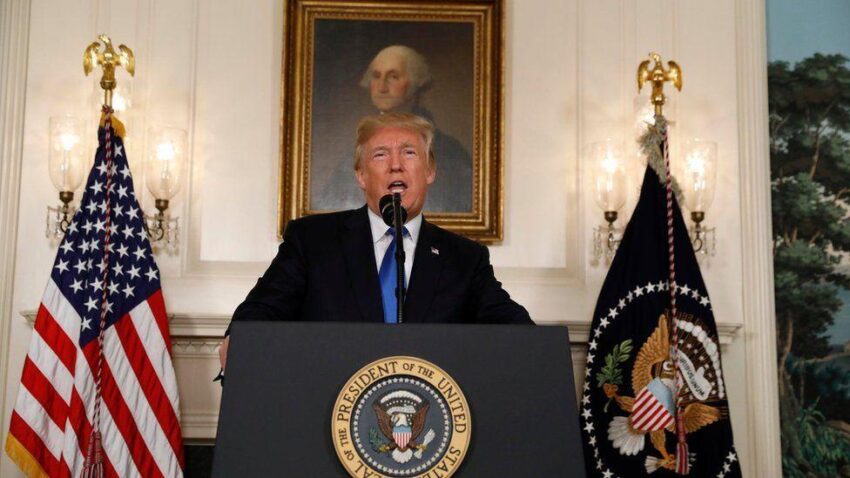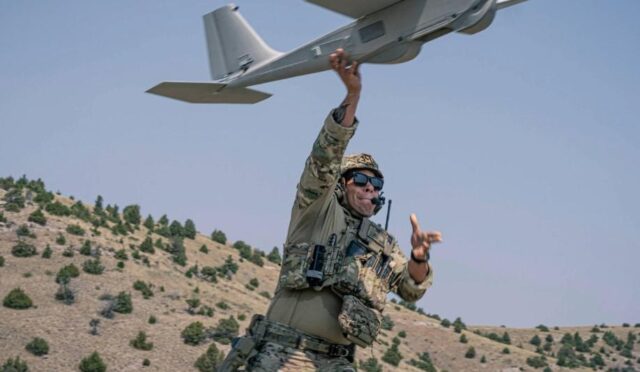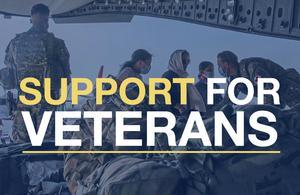Trump Signals U.S. Personnel Relocation Amid Iran Negotiation Stalemate
On Wednesday, President Donald Trump announced the relocation of U.S. personnel from the Middle East, which he described as potentially “dangerous” due to stalling nuclear negotiations with Iran and increasing concerns over a possible regional conflict. As tensions rise, Trump reiterated his firm stance, vowing not to allow Iran to develop a nuclear weapon, amid growing speculation about possible Israeli military action against Iranian nuclear facilities.
Iran, on the same day, issued a warning that it would target U.S. military bases across the region should a conflict arise. Reports indicate a significant reduction in staff at the U.S. embassy in Iraq, with similar relocations also occurring from bases in Kuwait and Bahrain.
Escalating Tensions in Nuclear Talks
While five rounds of discussions have taken place since April to negotiate a new nuclear agreement replacing the 2015 deal abandoned by Trump in 2018, optimism from the U.S. President appears to be waning. He expressed in a recent interview a growing sense of doubt about the possibility of reaching a successful nuclear deal.
Since taking office again in January, Trump has reimposed his “maximum pressure” campaign on Tehran, signaling a dual strategy of supporting diplomatic efforts while remaining open to military action if these talks do not progress as anticipated.
Trump’s Urging and Israeli Strikes
Trump claimed to have advised Israeli Prime Minister Benjamin Netanyahu to delay any military strikes on Iran’s nuclear facilities to give the negotiations a fair chance. However, he is increasingly showing signs of impatience, indicating that time may be running out for diplomatic resolutions.
In response, Iran’s Defense Minister Aziz Nasirzadeh warned that all U.S. military bases in the region are within Iran’s reach and would be targeted without hesitation should conflict ensue. This statement reflects the heightened stakes as diplomatic discussions falter.
Iran Rejects U.S. Pressure on Nuclear Enrichment
In recent weeks, U.S.-Iran relations have deteriorated, with Tehran citing uranium enrichment as a “non-negotiable” right, while Washington strictly considers it a “red line.” Currently, Iran enriches uranium to a level of 60 percent, which is far above the 3.67 percent limit established in the 2015 nuclear deal.
As fears mount over Iran’s potential nuclear capabilities, the nation has consistently asserted that its nuclear agenda is intended for peaceful purposes, despite ongoing accusations from Western nations suggesting otherwise.
Military Readiness Amid Warnings
As the conflict escalates, the UK Maritime Trade Operations, under British Navy supervision, has advised vessels to exercise caution when transiting the Gulf. This response reflects broader international concerns as both military maneuvering and diplomatic tensions rise.
The United States maintains several military bases in the region, with Qatar housing the largest. Following a U.S. drone strike that killed top Iranian general Qassem Soleimani in January 2020, Iran retaliated by targeting U.S. bases in Iraq, resulting in numerous U.S. service members suffering traumatic brain injuries.
New Counter-Proposal from Iran
Last week, Iran’s supreme leader Ayatollah Ali Khamenei emphasized that uranium enrichment is fundamental to the country’s nuclear ambitions, asserting that Washington has no authority to dictate this matter. In a candid interview with the New York Post, Trump conveyed a growing skepticism regarding the likelihood of striking a new deal.
Iran has announced plans to submit a counter-proposal to the recently suggested U.S. draft, which Tehran criticized for not adequately addressing its demands for relief from sanctions — a critical concern for a nation grappling with the substantial impact of economic restrictions.






